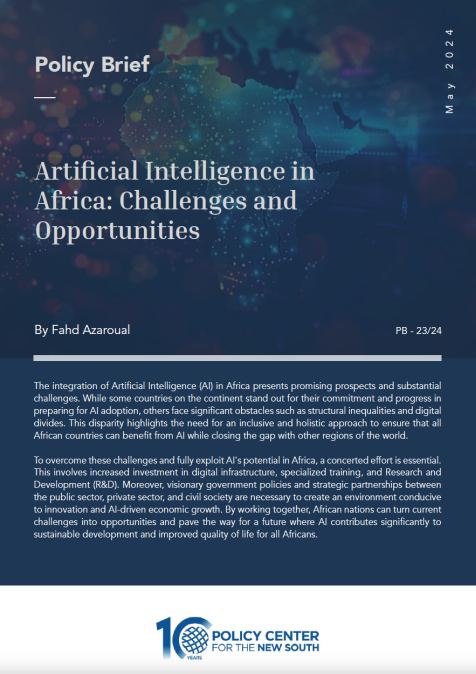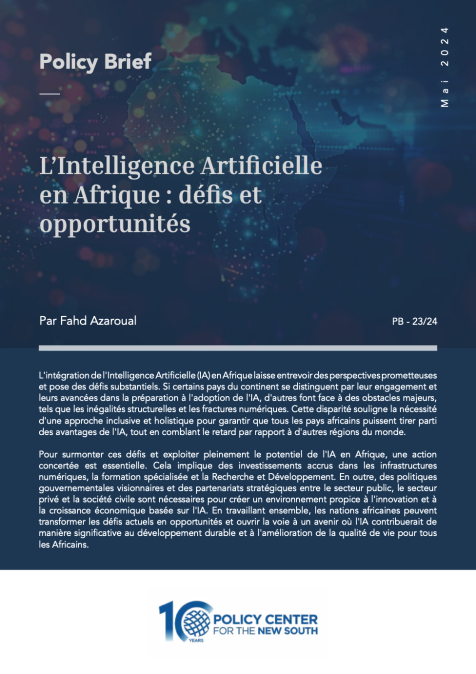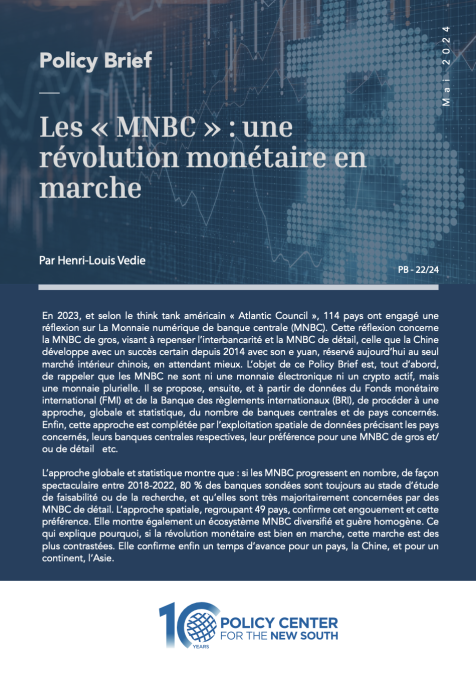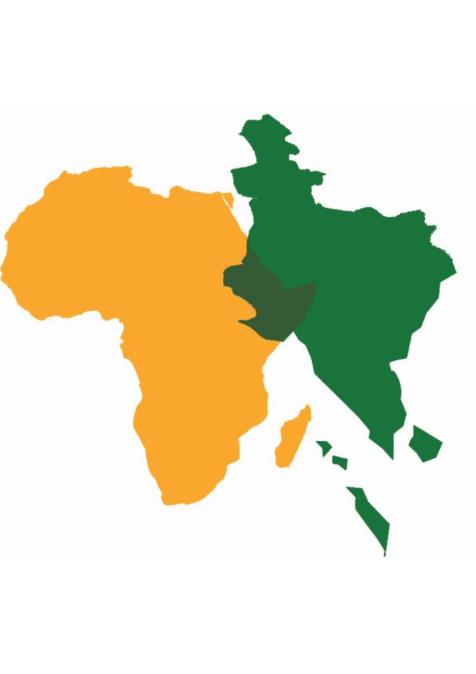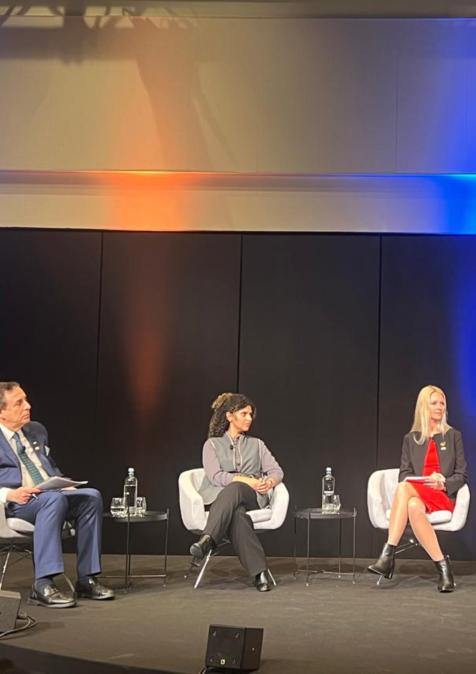Publications /
Annual Report
Book / Report
Guinea’s bauxite, Moroccan phosphates, Nigerian Bonny Light, Zambian copper, Côte d'Ivoire’s cocoa, Ethiopian coffee or Madagascar’s vanilla: all are examples demonstrating that raw materials have a dimension that is as global as it is local. Global by the markets on which they are traded, local by their quality, a key element of their price, and their macroeconomic impact, particularly for Africa. In line with the 2016 CyclOpe report, which celebrates three decades of existence this year, the first CyclOpe Africa report wanted to reflect this double feature, which is so essential for anyone interested in understanding how these exciting markets, whatever they are, function. The reader will find an exhaustive analysis of the situation on the raw materials markets that ‘count’ for the African continent in 2015, and the first months of 2016. They will also find more comprehensive chapters on macroeconomic conditions prevailing today in Sub-Saharan Africa, but also on public policy in Africa, and particularly on the issue of infrastructure, which in Africa is known to be, perhaps more than on other continents, one of the catalysts for strong and inclusive economic growth.
The CyclOpe Africa report is written by fifty international experts under the supervision of Philippe Chalmin, Professor at the University Paris Dauphine, and Yves Jégourel, lecturer at Bordeaux University and Senior Fellow at the OCP Policy Center. The CyclOpe Africa report is part of a collaboration between CyclOpe and the OCP Policy Center.


